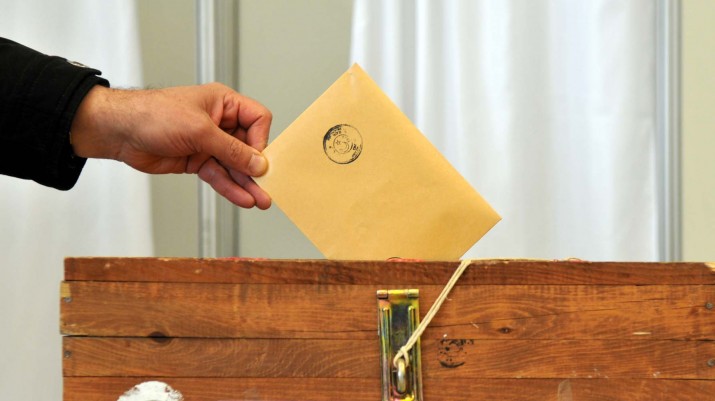Turkey’s governing AK
Party has tabled a parliamentary motion that create 15 ‘overseas MPs’ who would represent expatriate voters.
Mustafa Yeneroğlu
The proposal, from Istanbul MP Mustafa Yeneroğlu and deputy leadar Mustafa Şentop, would lower the number of MPs representing Turkey to 535. The remaining 15 would be elected by the nearly 3 million registered Turkish citizens would live and vote outside of Turkey.
If it became law, the proposal would also allow expats to vote at any ballot box around the world and not necessarily the one in their home country.
According to the pro-government Daily Sabah newspaper, Mr Yeneroğlu said: “As overseas is not considered a separate constituency, our citizens who live abroad do not have seats in Parliament to represent themselves.
“If the proposal passes in Parliament, the structural and legal obstruction regarding the direct representation of citizens abroad will be eliminated with this constituency.”
A separate electoral district – or constituency – would be created for expatriate voters, Mr Yeneroğlu added: “Taking 2.8 million oversees voters’ proportion within the total count of voters and their breakdown for each country into consideration, we are thinking that the dedication of 15 seats to citizens living abroad will provide our expats adequate representation in Parliament.”
Turkish expatriates were granted the right to vote from abroad as early as 1995, but the lack of practical arrangements meant that voters could only exercise their right if they travelled to a border crossing at a Turkish airport, seaport or land frontier.
A rule change in 2012 meant that voters could finally vote in their home countries, with hundreds of thousands turning out to cast a ballot in the 2014 presidential election and the general election in June 2015.
Any change to Turkey’s electoral law cannot be implanted in elections that take place in a 12-month period following the law’s acceptance. Turkey is due to hold a repeat general election on 1 November 2015, meaning that even if Mr Yeneroğlu’s bill becomes law, it cannot be implemented this time around.
